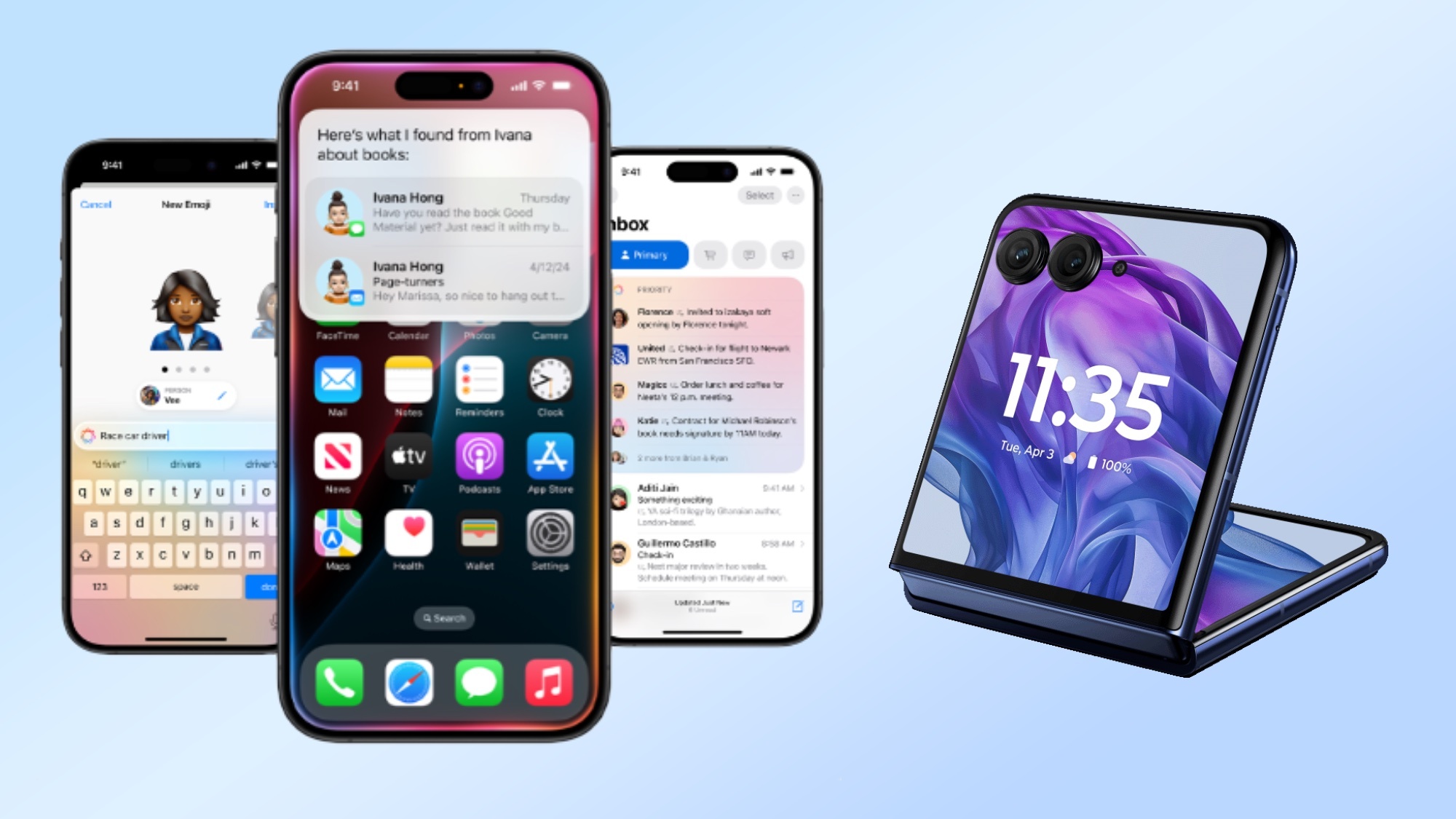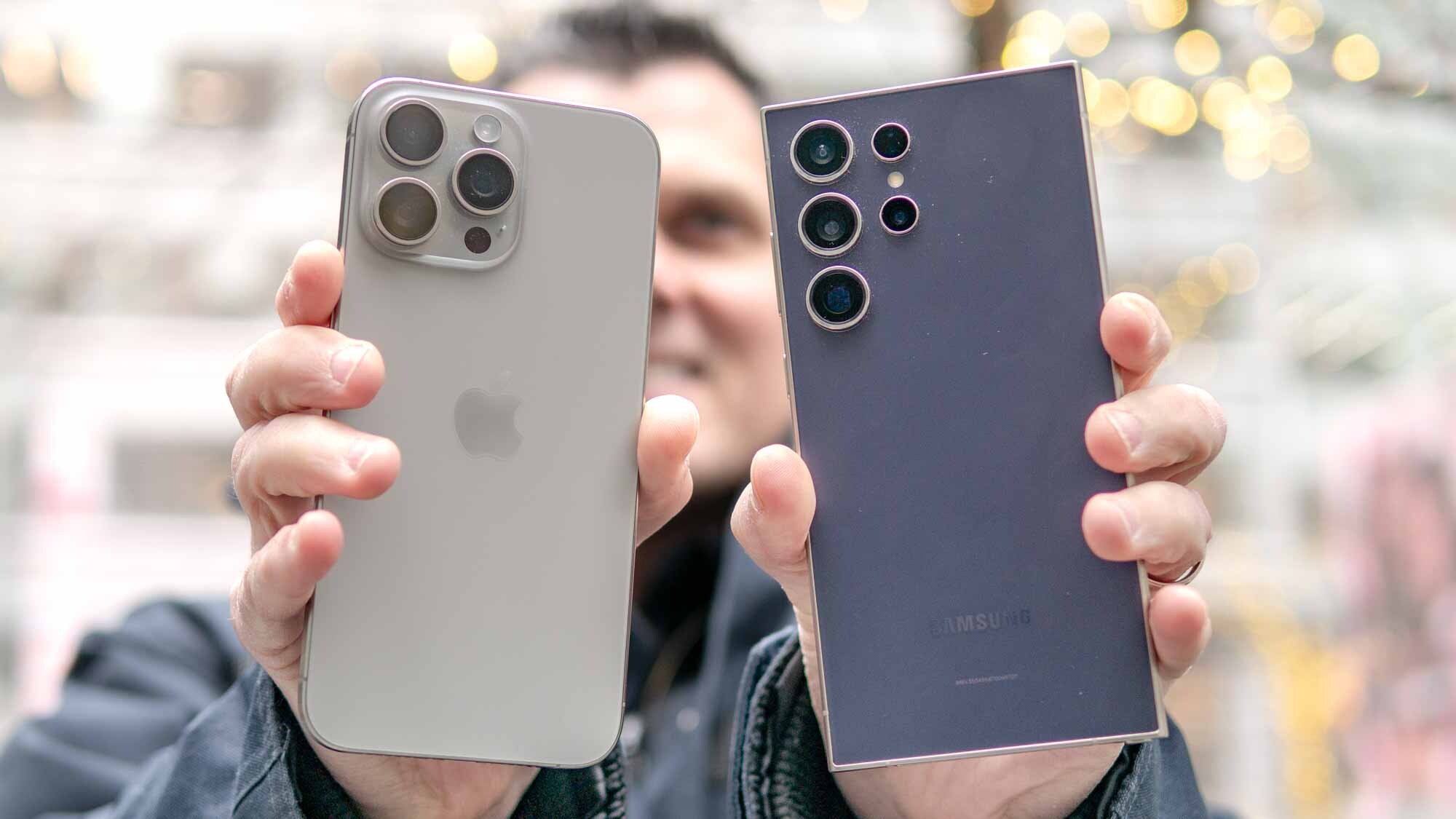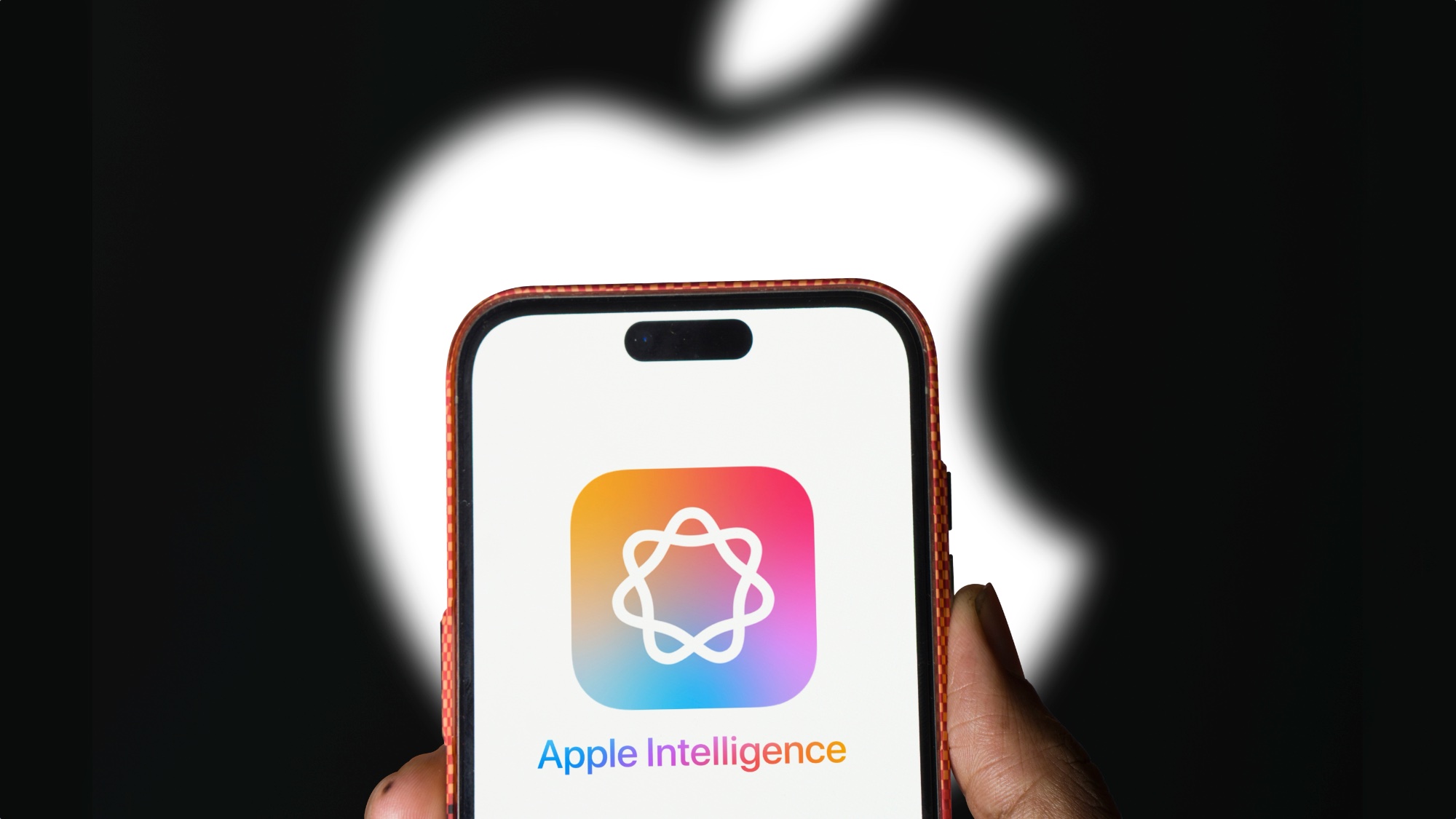Phones are launching without all their features — and it's a bad look
How paying customers are becoming phone makers' beta testers

Lately, phone makers seem so eager to trumpet new features coming to their devices that they'll announce those capabilities well in advance of when they'll actually arrive on phones. In some cases, those features may not even appear until long after the phones themselves go on sale.
The latest culprit is Apple, which previewed the Apple Intelligence features that will bring new AI-powered capabilities to the iPhone later this year. Apple Intelligence isn't out yet, not even as part of the iOS 18 public beta that came out earlier this month. And while we should see some features find their way on to iPhones that support Apple Intelligence at some point this summer, some aspects of the project, such as a revamp of the Siri personal assistant, may not finish rolling out until 2025. That's long after the likely release date for the iPhone 16 models that many will consider upgrading to due to the lure of full Apple Intelligence support. (Remember, of the current iPhones, only the iPhone 15 Pro and iPhone 15 Pro Max will work with Apple Intelligence when it does arrive.)
Apple is hardly the first company to announce software capabilities that will arrive after the products that will benefit most from them, and it certainly won't be the last. But that doesn't make this any less of an issue for anyone contemplating a new phone upgrade. When companies hold back features without much clarity, it complicates whether to get a phone or not — here’s why.
New phones — hardware takes a back seat

Smartphones have become more of a commodity in recent years, with hardware differences between assorted models becoming harder to spot. And yet, that's not stoping phone makers from rolling out annual models, hoping to convince people to upgrade.
If the year-over-year hardware changes from one model to the next fail to wow us — and you'd be hard-pressed to find a revolutionary hardware change in a recent phone release that put it miles ahead of its predecessor — then models have to rely on big software improvements to draw in new customers. That puts the pressure on phone makers to show off as much as possible at launch events, regardless of when those features might be ready.
Again, look at Apple and what it's doing with Apple Intelligence. Certainly, many of the promised features sound appealing — Apple Intelligence promises everything from being able to generate emojis on the fly to checking your writing for tone and grammar to making the Siri assistant more contextually aware. The promise of those features will likely convince a significant people to buy a new iPhone, but it may be some time after the iPhone 16 launch before all the promised features are in place. That's a bit of a risk when you're being asked to pay $799 or more to experience features that won't be ready until later.
Again, let's not single out Apple here. The Motorola Razr Plus (2024) just went on sale, but if you buy the $999 flip phone now, you'll get it without the promised Moto AI features that include custom wallpaper creation, summarized texts and audio recording transcriptions. Motorola says those features will arrive "in the coming months."
Paying to beta test

There's a reason software often goes through lengthy beta processes — it gives phone makers a chance to iron out any bugs or quirks before releasing new features to the public at large. App makers also get a chance to try update their own programs to take advantage of new features. When iOS 18 launches in a few months, for instance, you can bet that there will be plenty of app updates offering things like third-party Control Center widgets.
In other words, when the software features are ready at the same time as the hardware they support, the end-user gets a better overall experience.
In contrast, when a company sells a phone in which a prominent feature isn't out yet, it's essentially asking the customer to gamble. Will the feature deliver as advertised? Will the phone maker scale back from the scope of the originally promised feature? You don't know, and that means the pricey phone you just purchased could be plagued by bugs and incomplete features. That's not only annoying, it turns the customer into an unpaid beta tester.
Lots of people sign up to beta test software features all the time. But in that case, they're volunteering — not buying what should be a fairly finished product. And I think that strains the trust that needs to exist between phone makers and the people who buy their products.
I don't want to be overly negative, so I should specify that sometimes it's perfectly legitimate that a phone maker has to add features and capabilities after the fact. This can be due to any number of things — either an issue with the code or the implementation. It happens.
But I think what we're seeing now can create confusion among phone buyers, who may not have a clear idea of what will be ready when. That's a trend that phone makers need to put a stop to.
More from Tom's Guide
- Google Play is about to do a mass deletion of ‘low quality’ apps — what you need to know
- I've been testing the Galaxy Z Fold 6 for a week — and this AI feature blew me away
- This Apple Intelligence feature will be a game changer for your iPhone
Sign up to get the BEST of Tom's Guide direct to your inbox.
Get instant access to breaking news, the hottest reviews, great deals and helpful tips.

Josh is a staff writer for Tom's Guide and is based in the UK. He has worked for several publications but now works primarily on mobile phones. Outside of phones, he has a passion for video games, novels, and Warhammer.









